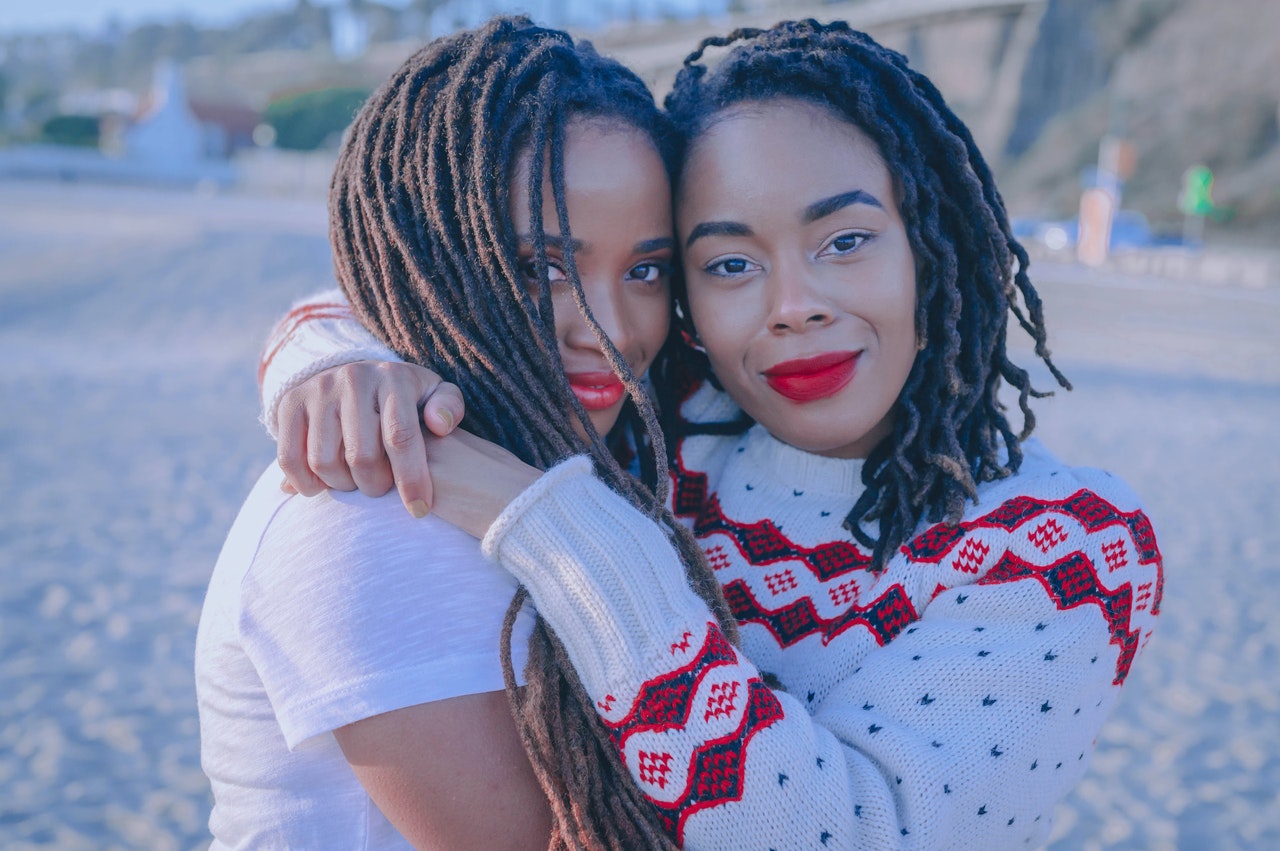Grief opens the door to more grief. It’s something that I’m dwelling on a lot this week, having observed how the loss of my father has had a knock-on effect on my life. An enormous loss won’t be contained in one place — it spills out all over the place. That too, I think, is normal, if incredibly sad.
It’s always people whom you least suspect who will deliver pain into your arms, making you struggle under its weight. The quiet ones. The “respectable” ones, whatever that means anymore. Or so has been the pattern of my life, and, I suspect, many other lives out there. Grief, after all, can activate our most noble instincts — we crave sympathy, so are therefore more ready and willing to provide it for others. It’s how we are made vulnerable.
I would not be able to write this column right now if it wasn’t for the support of my friends. A long time ago, during a woolly winter in Moscow of 2010, before the protests, before the war, before other events that came to define my existence, I was going through a similar period of disorientation and grief. Back then, I didn’t have people.
People make all the difference. When they come and watch a dumb zombie movie with you (seriously, Zach Snyder? I have so many questions?). When they send you pho. When they tell you that it wasn’t your fault. When they take your son on a bike ride for burgers, blasting Marvin Gaye into the warm spring night in D.C., while you are across town, under a fluorescent light.
We are nothing without our friends. We’re all fond of saying it, but please consider that friendship has to be a kind of fabric; it must exist as something tangible. Years ago, when working in Moscow, I seemingly had “friends.” People who simply know your name and can put it in their mouths and use it in all kinds of ways are not the same as people who will physically show up for you, however.
My point with this column is this: individual action is important. But as we continue to grow more atomized as a society, we won’t be able to save our collective mental health if we don’t recognize the importance of the horizontal ties between us. Over a year into a pandemic and severe political turmoil, horizontal relationships are, in some cases, the only reason why many of us have managed to hang on.
Simply put — if you need a sign today to check on your friends, let my column be your sign. Think of a few kind words. Show up if possible. Send flowers if not possible. God, send them a dumb joke if you are able. Or a funny TikTok.
As I write this, it’s a sunny day in the capital of the United States, and my cat is contentedly devouring the last bit of flowers I was sent after going through a traumatic event. Normally not particularly destructive, the cat truly loves certain kinds of roses (yes, she’s eaten these before, don’t worry, busybody cat owners of the universe, she’ll be fine). It’s a beautiful, serene, and also hilarious tableau — the cat, the flowers, the child, the birds in the window, the feeling that I am not alone no matter what.
That’s all I can say to you right now if you are also suffering. I’m not alone no matter what — and neither are you.
Image credit: Enyioma

